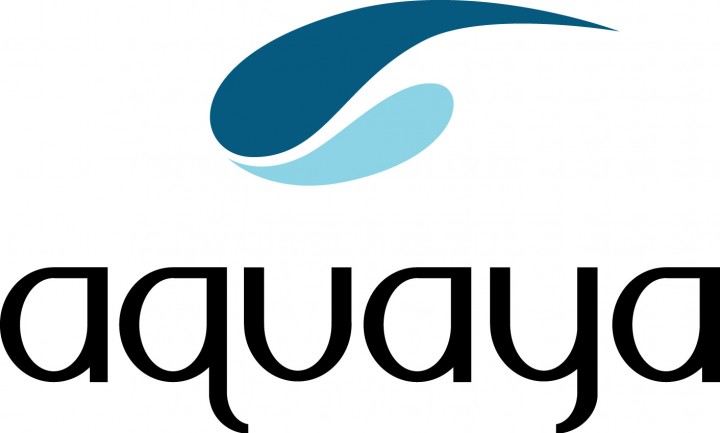Aquaya Institute Aquaya
The Aquaya Institute is a non-profit research and consulting organization dedicated to expanding safe water and sanitation access in developing countries through science and innovation. We deliver the knowledge and tools that are required to achieve universal access to safe water and sanitation.
Filter / Tags
Capacity developmentMarket developmentTechnology comparisonsCitiesRural areasCommunity sanitationHealth and hygieneInternational NGO
Countries of Activity

Aquaya Institute
Headquarter location
